Trinidad and Tobago's relationship after 60 years
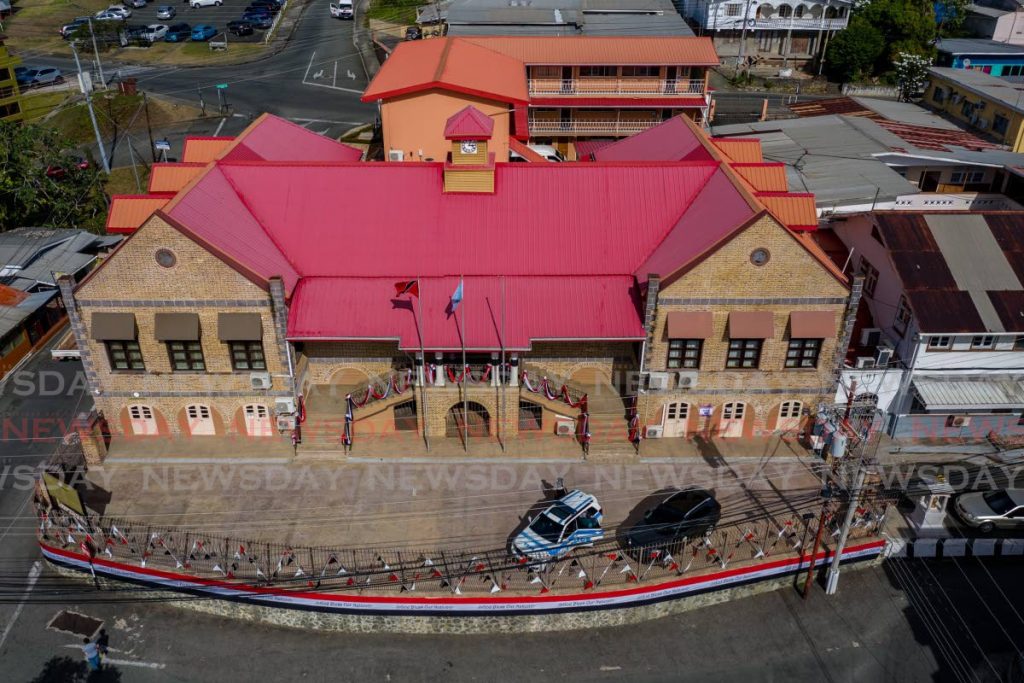
Official and private events have been planned to celebrate TT's 60 years of independence.
Central Government has organised celebratory events, while the Tobago House of Assembly (THA) has its own activities planned to mark the occasion.
Politically, economically, structurally and socially, there have been many changes since TT raised its own flag on August 31, 1962.
And still, there are many in Tobago who wish to see even greater changes on all fronts, arguing that Tobago's true potential can only be achieved if its fate is in the hands of Tobagonians.

Some take umbrage at the name Trinidad and Tobago, preferring to say Tobago and Trinidad, to indicate the importance of their priority.
But semantics aside, the Trinidad experience is different from that of Tobago.
Historian Dr Rita Pemberton, who was born in Tobago but lives in Trinidad, said Trinis and Tobagonians have mostly warmed to each other.
She recalled the days where Tobagonians were treated less well than their Trinidad counterparts.
"When Tobago was isolated, you could tell a Tobagonian by the way we talk or the clothes."
She said the employment limitations in Tobago forced Tobagonians to migrate to Trinidad in search of better opportunities.
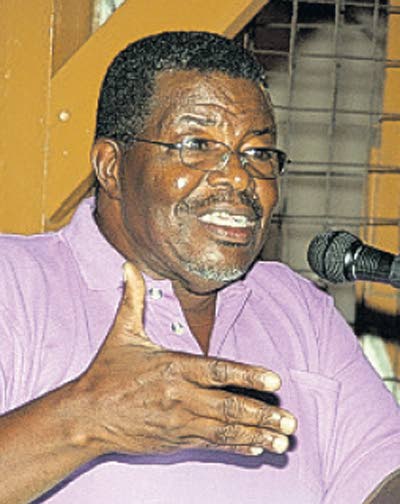
"If you're in the public service you couldn't go past clerk three or four in Tobago.
"A number of people went into the police service or nursing or teaching and you had a relocation of people.
"There are more Tobagonians in Trinidad than in Tobago," she said.
She noted that the population in Tobago has remained stuck around 60,000 because of the migration issue.
Pemberton said the mixing of the populations, through the workplace, friendships and marriages, has caused a better understanding of the different cultures.
"What we have now is this sharp distinction between Trinidad and Tobago being dulled, because people have feet on both sides."
She said one just has to look around to see Tobagonians in every sphere nationally – the Prime Minister, Chief Justice Ivor Archie, heads of corporate institutions, lecturers, principals.
She noted, though, that Tobagonians did not have it easy initially.
"Tobagonians who came to Trinidad to study back then were treated like outsiders: 'You doh talk like we, nah. Allyuh from country.'
"Some people still have that backward thinking."
Pemberton believes this is slowly dissipating with travel between the two islands having become much easier, thanks to the seabridge and airbridge.
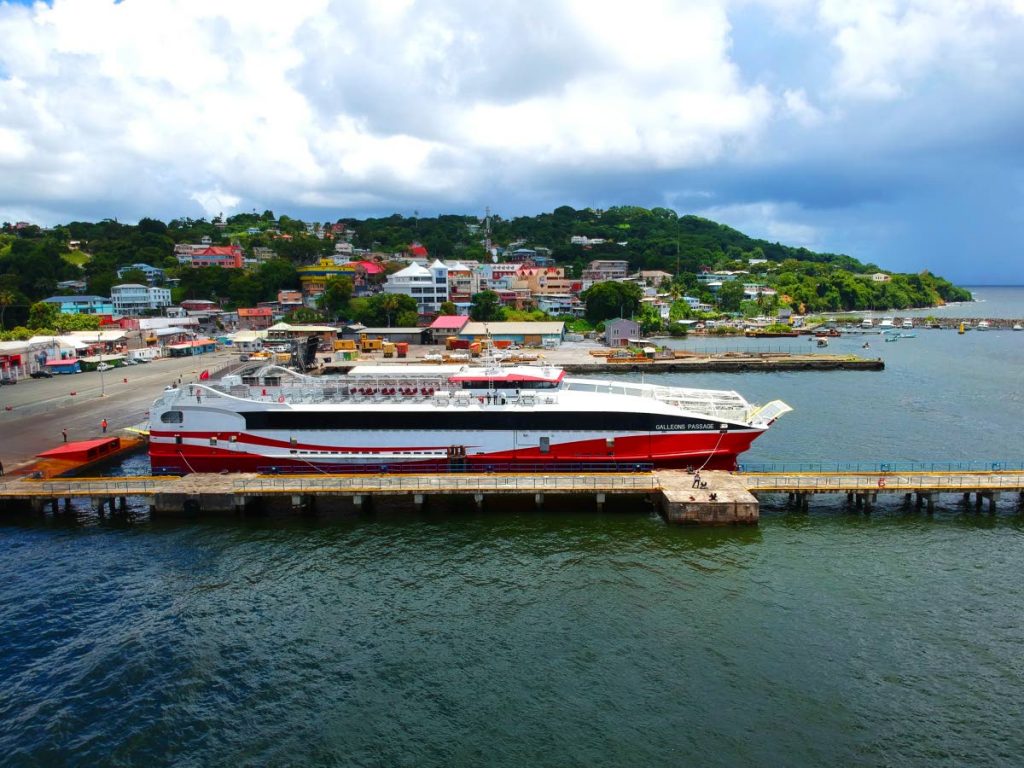
"A lot of Trinis go to Tobago (for vacation). There are a lot of Trini businesses operating in Tobago now. Trinis are going to the primary schools in Tobago."
Although acknowledging there is no major sociological study of the two islands' sentiments about each other, Pemberton believes the frosty attitude of the past is almost gone.
She said the friction between the islands is only an issue in heated moments.
"When people get angry they toss all kinds of things at you."
She recalled a visit to the Tunapuna market where two vendors clashed and began cussing each other over encroachment on their designated space.
"You had the n-word and the c-word thrown about. The man left and when he came back he brought a drink for the female vendor, and while he was gone she was selling his produce and putting the money down for him.
"It is a work in progress," she said of the social relationship.
Tobago Business Chamber president Martin George recently lamented that Tobago's food security has regressed since independence and it is now heavily reliant on imports.
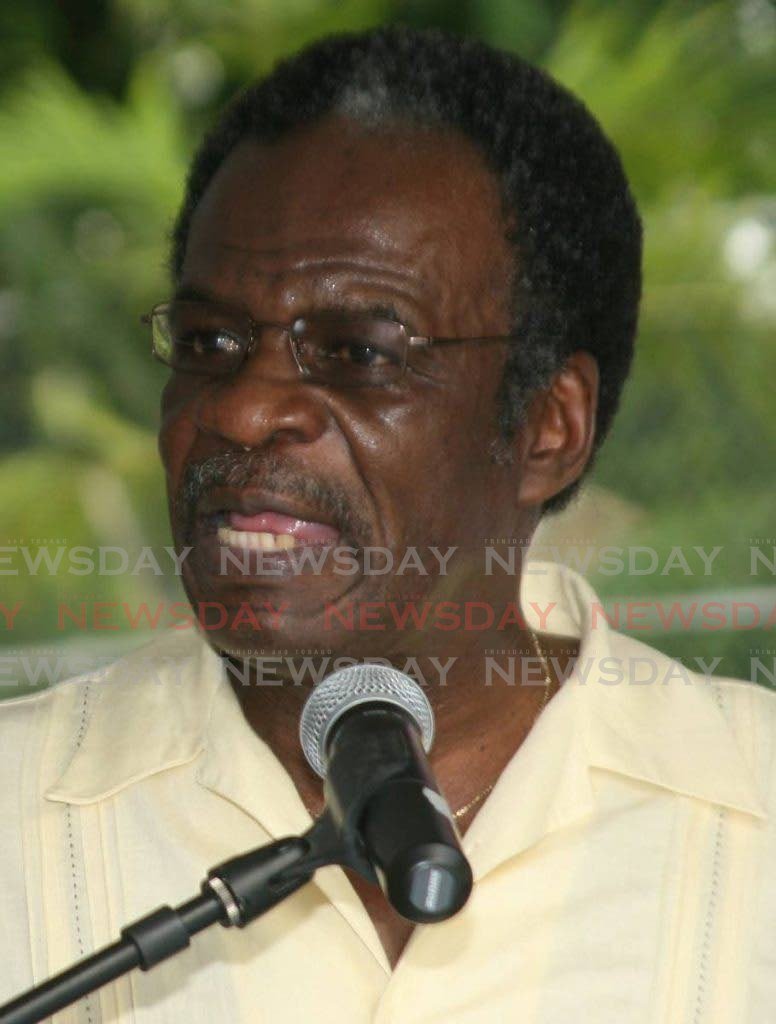
“In 1962, Tobago was self-sufficient to a large extent in terms of its own food production. In fact, it used to be able to send food to Trinidad because so much was being grown in Tobago. Years ago, you would hear people talk about Tobago red fish, pigeon peas, the produce from the island, because it was of such a high quality and produced in such abundance.
"Where are we now? It appears that we have regressed in all of these areas.”
Pemberton said Hurricane Flora's decimation of Tobago on September 30, 1963, as well as a shift in the mindset of Tobagonians, negatively affected the agriculture sector.
"We had independence and then we had the hurricane soon after. Dr (Eric) Williams (then prime minister) had talked about a development plan for Tobago, and instead had to change to a rehabilitation plan.
"The rehab had an effect on the employment level. A lot of people who would have been in the garden got employment in the rehabilitation programme in the works department. Because there was an urgency to get things back to normal, there was a lot of overtime involved too."
She added, "A lot of farmers had to fight up with agriculture and go back to seedlings. The hurricane had damaged the roads too. Some planters decided it was too laborious. Young people chose to get employment in the rehabilitation of the island.
"There was a sentiment among young people that agriculture was too hard."
But she argued that TT has come full circle and nationally, and throughout the Caribbean, with the effects of the pandemic and the Russia-Ukraine war, people are beginning to understand the importance of self-sufficiency.
"You have better control of what goes into the food, it's cost-effective and you have more control over supply."
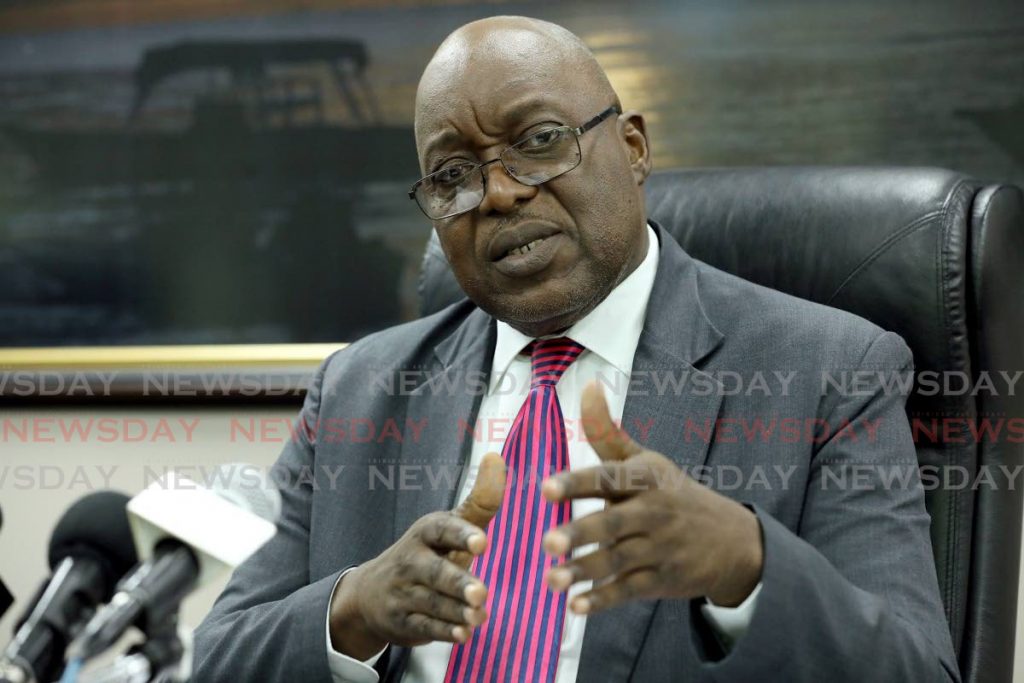
The THA's focus on agriculture now, with the formation of the Tobago Agribusiness Development Company Ltd (TADCO), has put the sector back on the front burner. The demand for alternative, non-wheat flour is also high, and a partnership with Trinidad-based Novo Farms is expected to help TADCO achieve its goals of exporting to the world.
Pemberton said the completion of the rehabilitation after the hurricane brought a new problem for the State, as it was unable to sustain that level of employment.
"The question of employment was raised. You had people benefiting from secondary school and training opportunities but no employment. You had the Black Power Movement following, in the 1970s.
"You then had people asking whether there was need for an alternative administration for Tobago – one centred in Tobago.
"You had people like Pam Nicholson, Dr Winston Murray and ANR Robinson expressing concern about the government policy and a need for greater autonomy."
She said there were some already calling for full secession.
"That took up until the 1980s, when the THA was created.
"And even then there was some dissatisfaction with the level of autonomy, and this resulted in the 1996 amendment."She argued that since the THA was established, Tobago has benefited from some improvement in infrastructure and some services – although many critical health services are still only accessed in Trinidad.
"There are different schools of thought that Tobago brings more to the table with oil and gas and should get a greater slice of the economy. So you still have some division of views."
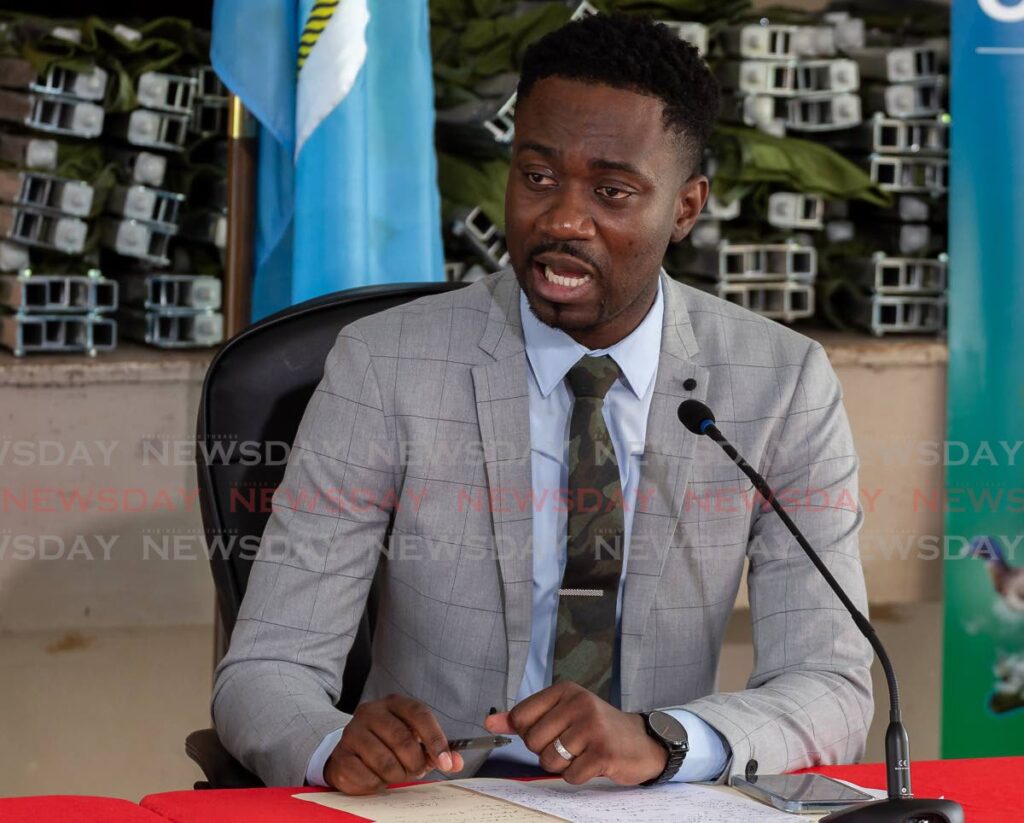
After 60 years, the issue of greater autonomy is back on the front burner, with a bill in the committee stage in Parliament.
The Tobago Self-Government Bill was debated in the House of Representatives last year. It gives Tobago 6.8 per cent of the national budget and makes provisions for certain law-making powers for Tobago. But this has been rejected by the Progressive Democratic Patriots (PDP), who hold a 14-one majority in the THA. No vote was taken on the bill, as the Opposition United National Congress walked out during the debate.
PDP political leader Watson Duke has been a strong advocate for self-determination for Tobago, even calling at times for independence and for Tobago to have its own prime minister.
Tobago has spoken, in its support for the PDP in the last THA election and demand for greater autonomy. After 60 years, the relationship is still strong, but Tobago wants more to be happy.
THA Chief Secretaries 1980-present
ANR Robinson –1980-1984
ANR Robinson – 1984-1988
Jefferson Davidson – 1988-1992
Lennox Denoon – 1992-1996
Hochoy Charles – 1996-2001
Orville London – 2001-2005
Orville London – 2005-2009
Orville London – 2009-2013
Orville London – 2013-2017
Kelvin Charles – 2017-2021
Ancil Denis – 2021 (January election in a 6-6 tie)
Farley Augustine – 2021-present (December election 14-1 win)


Comments
"Trinidad and Tobago’s relationship after 60 years"